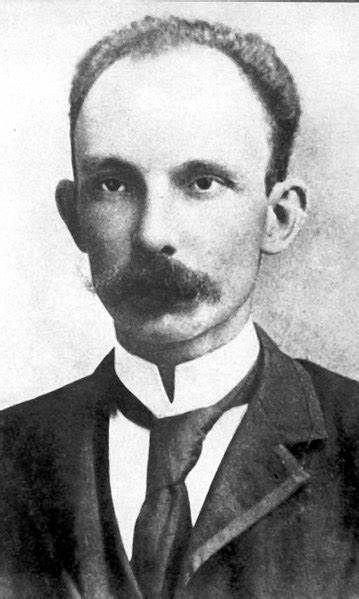THE RELEVANCY OF YBOR CITY'S IMMIGRANT STORY TO IMMIGRATION TODAY
- yborcityguide
- Feb 2, 2023
- 3 min read
Updated: Feb 3, 2023
With a current bill before Congress to eliminate the process of asylum, recognizing the value of Ybor's immigrant heritage is even more important today. Immigrant policy in the U.S. has been inconsistent from the late 19th century. At times, the policy kept out certain nationalities like the Irish, Italians, Japanese, and Chinese in favor of other nationalities. Seemingly, today, there is support for no immigrant entry into the U.S. Such measures are proposed by those who reject that ours is a nation of people having numerous national origins. Diversity and diversity studies in higher education as a characterization of our society is under attack. Since some people are opposed to the concept they want to deny that it exists in America. Some are committed to reverse the process in order to return the country to what they erroneously perceive to be a homogeneous state. Our country has always been diverse and will continue to be.
The present focus on immigration is the controversy on the southern border and on the status of "dreamers." The policy of the last administration to hold asylum seekers in a neighboring country was declared illegal by the courts so the ball is back in Congress's court to set policy which is unlikely to happen.
Florida has one of the largest populations of foreign born residents at 21.4% of the population making it one of the most diverse states in the nation. The current foreign born population in Florida comes from Cuba, Haiti, Columbia, Mexico, and Jamaica.
Some of the best minds have come to the U.S. as immigrants. They include Albert Einstein, Audrey Hepburn, Henry Kissinger, Nicola Tesla, Sergey Brin, Madeleine Albright, David Ho, Ayn Rand, Christiane Amanpour, Oscar de la Rente, Andrew Carnegie, Joseph Pulitzer. And let's not forget Vicente Martinez-Ybor and Jose Marti. These and many others indicate a truth about immigration - that those who have the most to contribute to our society are not necessarily born in the U.S. Immigrants have been leaders in science, medicine, corporate America, and technology.
The issue of doing away with asylum is controversial. Under the United Nations charter all nations are bound to accept receipt of a petition from a person seeking asylum in their country to avoid persecution, oppression, or the likelihood of death. For the U.S. to eliminate this right would severely impact foreign relations with the rest of the world.
However, the pressure of immigrant movement in the world is focused on North America from Central and South America and on Europe from Asia, Africa, and the Middle East. As conditions deteriorate in many areas of the world due to political instability, hunger, poverty, and criminal activity (cartels), the pressure on Europe and North America will continue to increase. No easy solutions are in the offing.
The story of Ybor City is how more than seven cultural and ethnic groups came together in the late 19th and early 20th centuries to make up the cigar economy. They included the Spanish, Hispanic Cubans, Afro-Cubans, Italians, Sicilians, Romanians, Germans, and eastern European Jews. They each had a niche in the Ybor economy. Cubans were cigar rollers. Italians were farmers who supplied produce to Italian grocers. German factories produced cigar boxes and helped develop cigar labels which would create cigar brands. Romanians and eastern European Jews were the merchants of more than 30 dry good stores at the turn of the 20th century. All lived in relative peace with one another. Through their individual community centers, they provided a model of healthcare. Instruction in the English language made all Ybor immigrants bilingual. The facts contributing to the value of immigration not only in Ybor, but in the country at large, lead to the following conclusions:
1. The U.S. has been an immigrant nation since the first colonial landings.
2. Some of the best and leading citizens have been immigrants who have made historical contributions to American society.
3. Our nation is diverse, made up of people from all corners of the world, a process which continues and is not reversible.
4. The contribution of immigrant and minority groups cannot be minimized by denying the role that race and ethnicity has played in American history.
The national motto, "E Pluribus Unum," Out of Many, One, originally referred to the bringing together of the inhabitants of the original 13 colonies who included a diverse lot: Pilgrims, Catholics, Quakers, prisoners, indentured servants, and slaves. It was a diverse society at the time of its unification under a Constitution and has only increased its diverse character in every decade since its founding. The story of Ybor is "one" story "out of many" immigrant stories that have served to make a cohesive society of the world's premier nation.



Comments